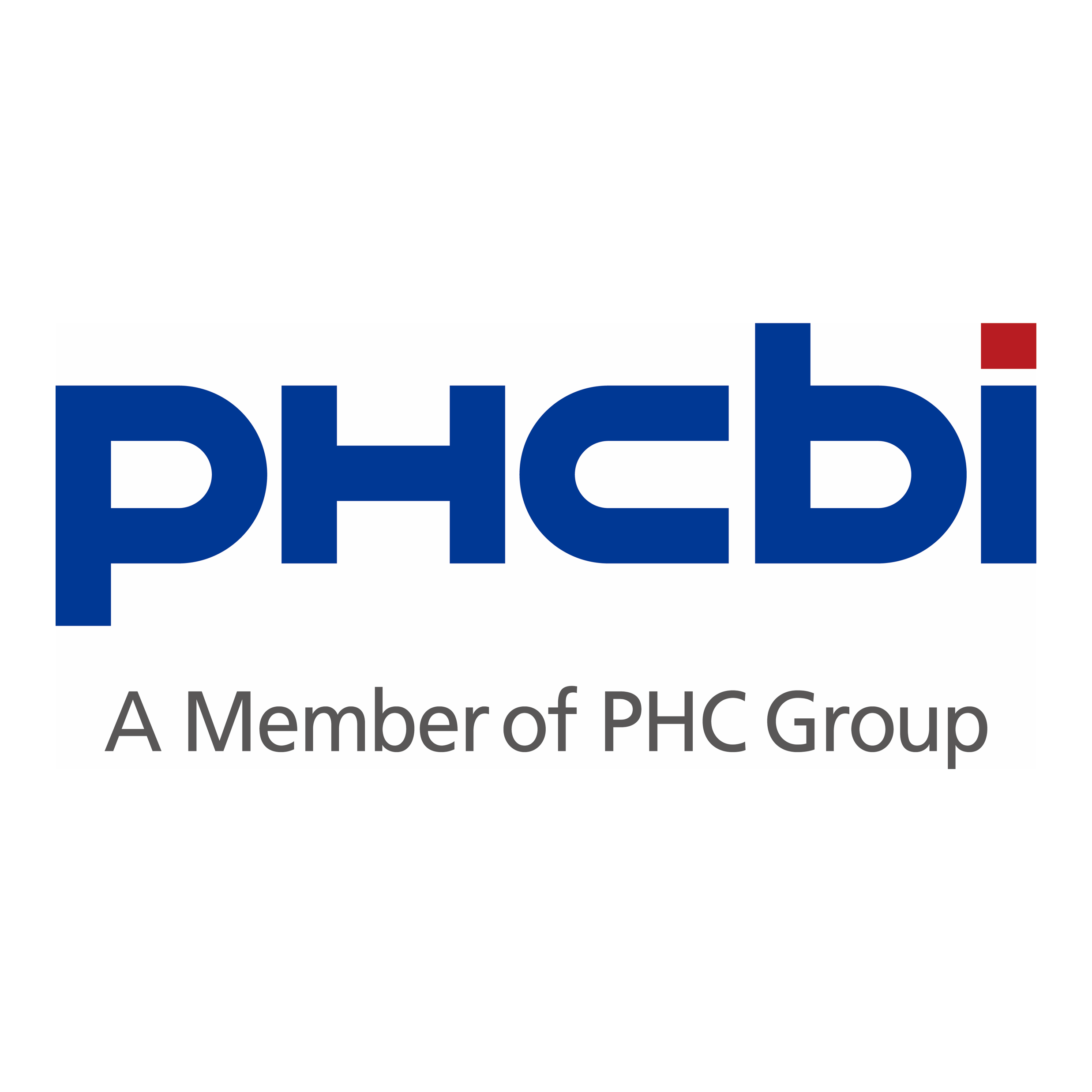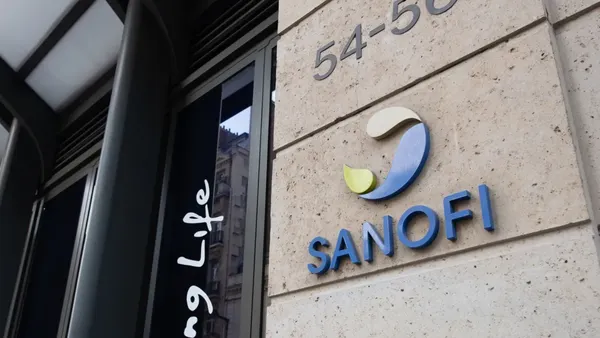Dive Brief:
- People with early breast cancer who were treated in a late-stage study with Eli Lilly’s drug Verzenio and standard hormone therapy lived longer than those given hormone therapy alone, the company reported Wednesday.
- The summary results come from Lilly’s monarchE study, which began in 2017 and enrolled more than 5,600 adults with high-risk breast cancer that tested positive for hormone receptors but negative for a protein called HER2. Lilly said the improvement in survival was “statistically significant and clinically meaningful.”
- The study previously met its main goal, showing the addition of Verzenio improved invasive disease-free survival — data that supported a 2021 approval in this treatment setting. The overall survival findings, which were a secondary endpoint, will be presented at an upcoming medical meeting, Lilly said.
Dive Insight:
Verzenio is part of a class of cancer medicines known as CDK4/6 inhibitors. Since its original approval in 2017, the drug has become one of Lilly’s top-sellers, bringing in sales of $5.3 billion last year.
While Verzenio’s initial clearances were in advanced or metastatic breast tumors, the primary results from the monarchE study opened up use in the most common form of early breast cancer — so-called HR+, HER2- tumors.
Backed by that monarchE data, Verzenio became the first in its class to win approval for this use. Follow-up continued, however, to measure whether treatment could help people live longer in addition to preventing disease recurrence.
Lilly did not share detailed data in its statement Wednesday announcing the positive survival findings. "These data validate Verzenio as the standard-of-care for patients with node-positive, high-risk disease and increase the urgency to ensure all eligible patients are treated,” said Lilly Oncology head Jacob van Naarden, in a statement.
Safety data from the long-term follow-up was consistent with prior results, Lilly added. Data will be submitted for publication in a peer-reviewed journal and shared with regulators.
Pfizer and Novartis both sell rival CDK 4/6 inhibitors, but Novartis has had more success with its drug Kisqali. In 2023, study results showed Kisqali could similarly reduce the risk of cancer returning in people with HR+, HER2- breast cancer when used after surgery.
However, Novartis’ trial included participants whose cancer had not yet spread to the lymph nodes, while monarchE enrolled people whose cancer had.














